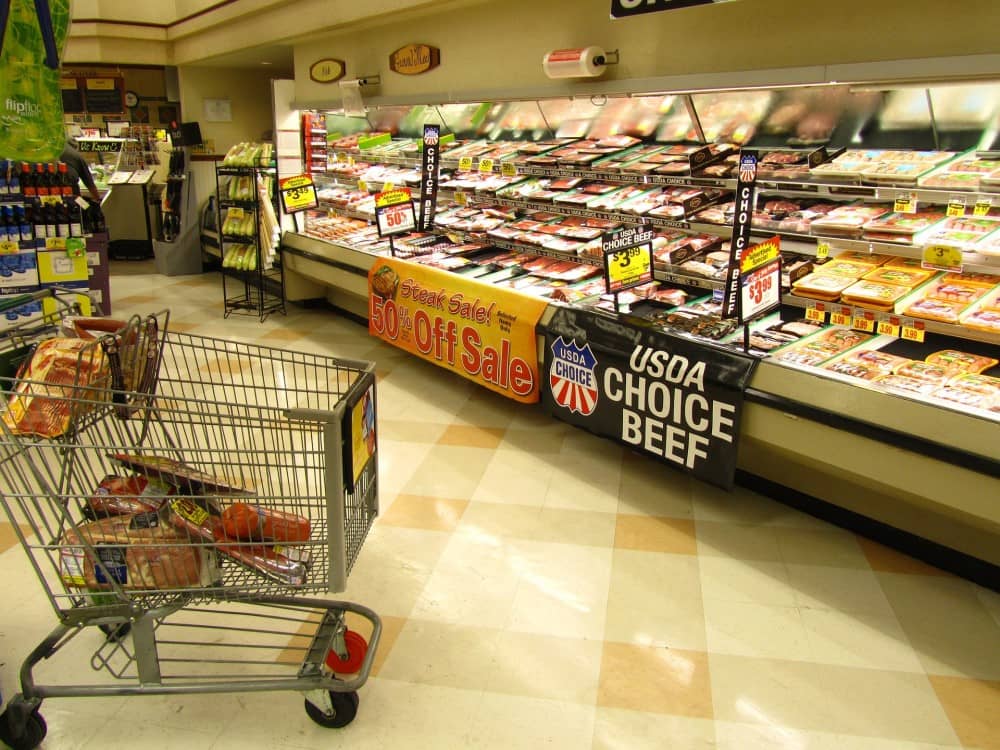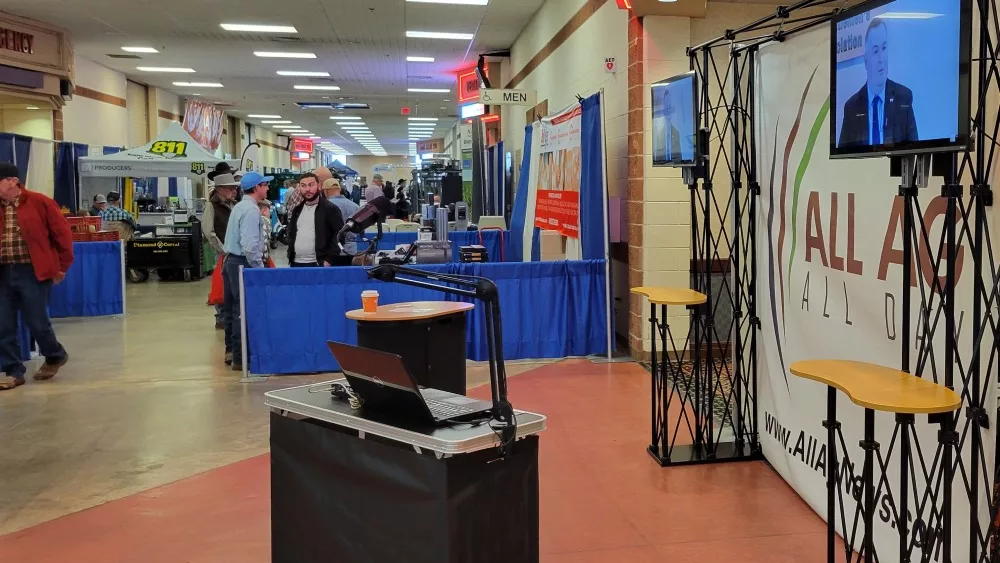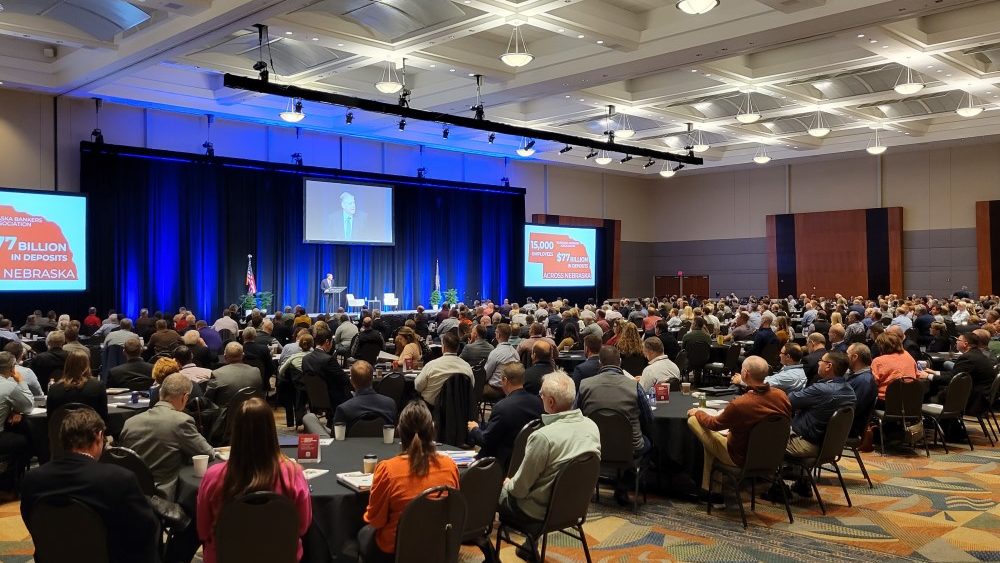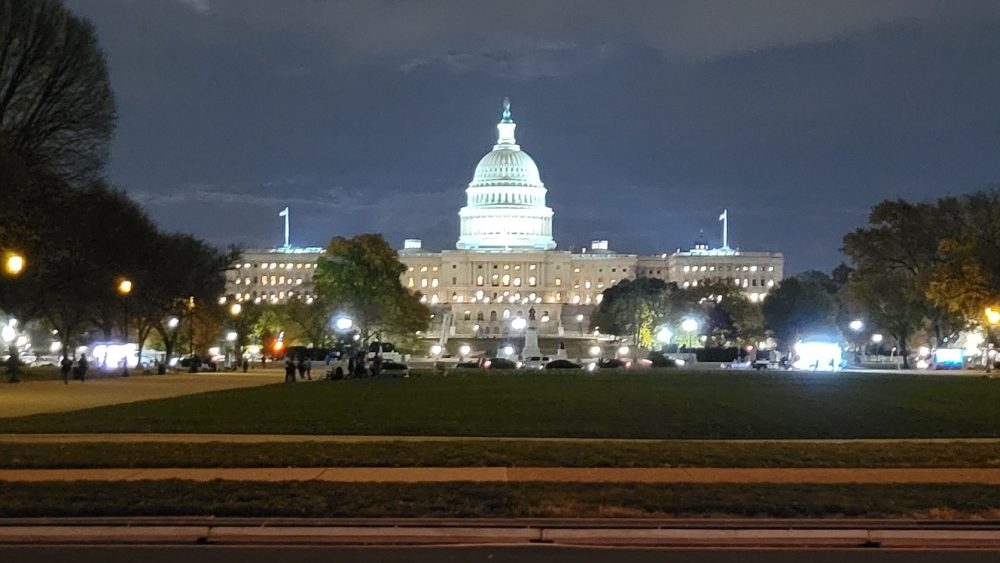
WASHINGTON, DC – On Wednesday, a House Judiciary Committee Subcommittee on Antitrust, Commercial, and Administrative Law gathered to hear “The Effects of Economic Concentration on Americas Food Supply”. The goal is to find out how legislators can solve the problem and provide relief to consumers and farmers.
Committee Chairman Jerrold Nadler (NY-D) said that due to unchecked consolidation, a few large corporations own every link in the food supply chain, and “corporate concentration in food markets is bad for Americans” because “consumers are paying higher prices and workers in these industries have lost their ability to demand a living wage.” He also explained that the price of meat, poultry, and eggs rising at a clip that far surpasses the rest. Why? Because those are the product markets “with the fewest competitors; those are the ones dominated by just a few corporate giants.”
But Geoffrey Manne, Founder, and President of the International Center for Law & Economics suggest that there is a wide range of possible explanations for the rise in consumer food prices over the past year: Increased demand driven by fiscal stimulus, disruptions arising from an unprecedented set of simultaneous supply and demand shocks, the incentive effects of government responses to the COVID-19 pandemic, and an increase in the money supply, among others. Each of these factors, he explains, is interrelated, and has surely contributed in varying degrees to current headline inflation woes. “What is not a plausible explanation is increased concentration and the exercise of market power in the food supply chain.”
Actually, Manne said the Committee needed to be clear that the current 7 percent headline inflation rate is a measure of past price-level changes between December 2020 and December 2021, but is not a measure of the rate at which prices are increasing right now. Actually, he says, the CPI (Consumer Price Index) rose at a slower rate in December than it did in November, meaning the monthly inflation rate (as well as the implied annualized inflation rate) actually fell in December. “The point is that, problematic as they are for actual consumers, current consumer prices and trends do not provide a sound basis for massive, economy-wide government intervention.”
Finally, Manne warned, “even relatively rapid and vigorous antitrust investigations will do little to reduce the prices consumers are paying today, especially if they are the perfectly predictable, if messy, result of market competition in the midst of a global pandemic. As much as some would like antitrust to be the Swiss Army knife of public policy, it is an entirely inappropriate tool to address economy-wide inflation.”
(SOURCE: All Ag News)




